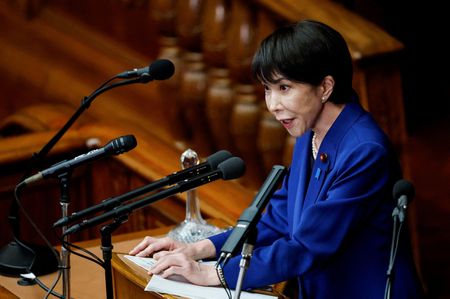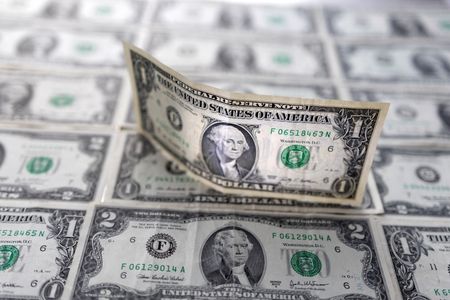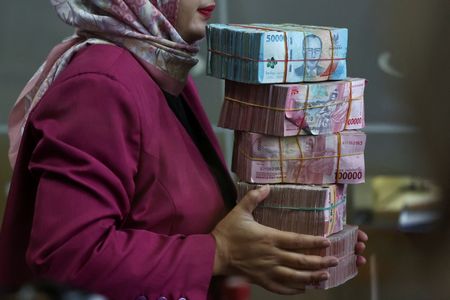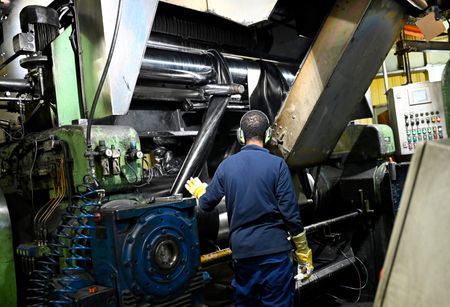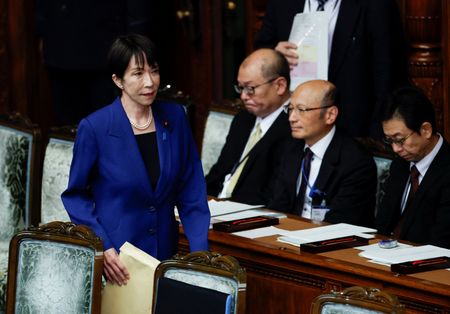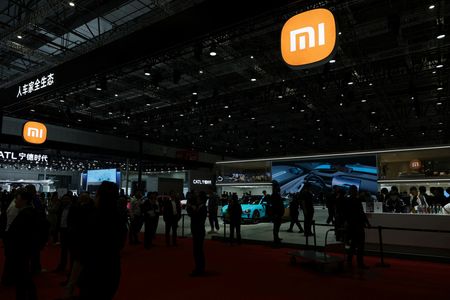By Katya Golubkova
TOKYO (Reuters) -Japanese Prime Minister Sanae Takaichi told parliament on Friday that homemade sources of energy like nuclear power and perovskite solar cells are important for the country.
The first woman to lead Japan, Takaichi, 64, was elected prime minister this week. She faces a nagging inflation problem, which is partly attributable to high fossil fuel import prices, after her ruling Liberal Democratic Party was defeated in recent elections amid rising consumer costs.
“A stable and affordable energy supply is essential to sustain citizens’ livelihoods and domestic industries, and to strengthen our competitiveness”, Takaichi said.
“Domestically produced energy sources, particularly nuclear power and perovskite solar cells, are particularly important for that … We will maximize the use of decarbonised power sources.”
Perovskite solar cells are a next generation solar technology developed by Japan.
She added that Japan would deploy innovative reactors and roll out fusion-generated energy.
Only 14 of the 54 nuclear plants that were operating in Japan before the 2011 Fukushima disaster have been brought back online. Takaichi has said reviving nuclear power is key to Japan’s energy security.
Japan is seeking to have nuclear power account for 20% of its electricity mix in 2040, up from less than 10% at present. It also needs to meet power demand from data centres, which is reversing years of decline.
According to government data, electricity costs in Japan’s western region of Kansai and Kyushu in the south – with around a third of the power supply coming from nuclear – were 30% to 40% cheaper in the last fiscal year than in Hokkaido in the north with no restarts.
Another four idled reactors have been given initial restart permits by authorities, while eight more are undergoing safety checks and a further 10 could apply for restarts.
Japan’s nuclear sector welcomed Takaichi’s election as it wants greater support for building new reactors, including via state-run capacity auctions, an industry association head told Reuters this week.
Much of Japan’s nuclear focus has been on restarting shuttered reactors – the government recently extended operating lifetimes to 60 years from 40 – with just one new plant currently on the drawing board.
(Reporting by Katya Golubkova; Additional reporting by Yuka Obayashi; Editing by Jamie Freed and Thomas Derpinghaus)

